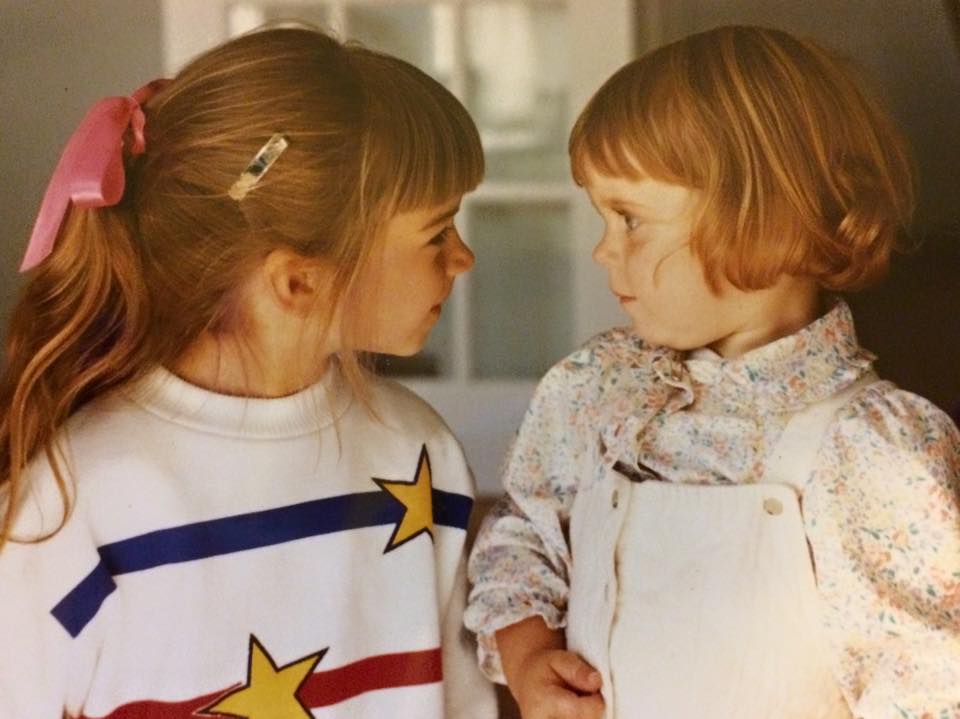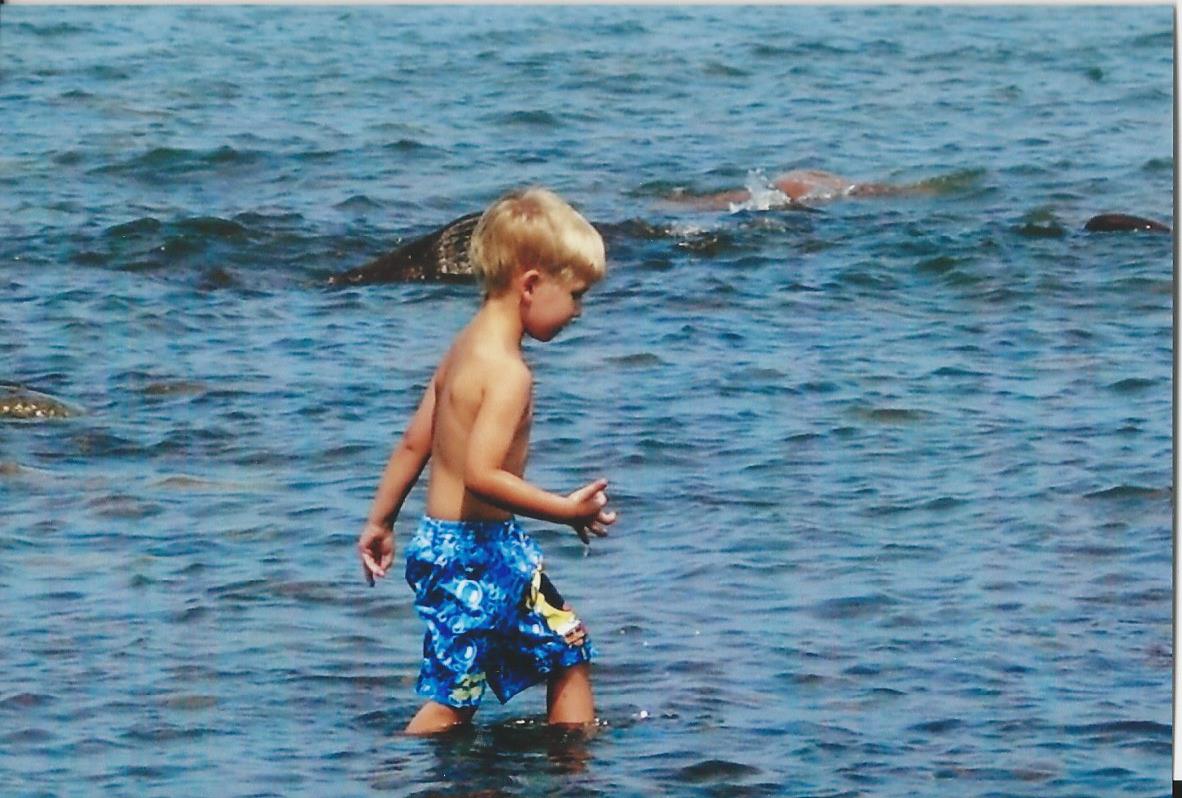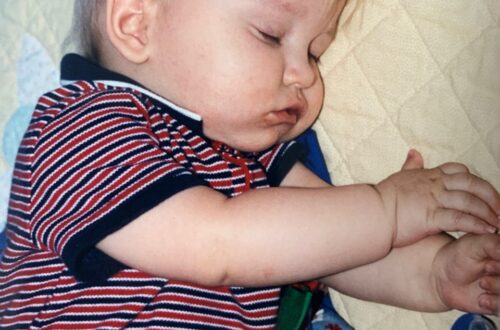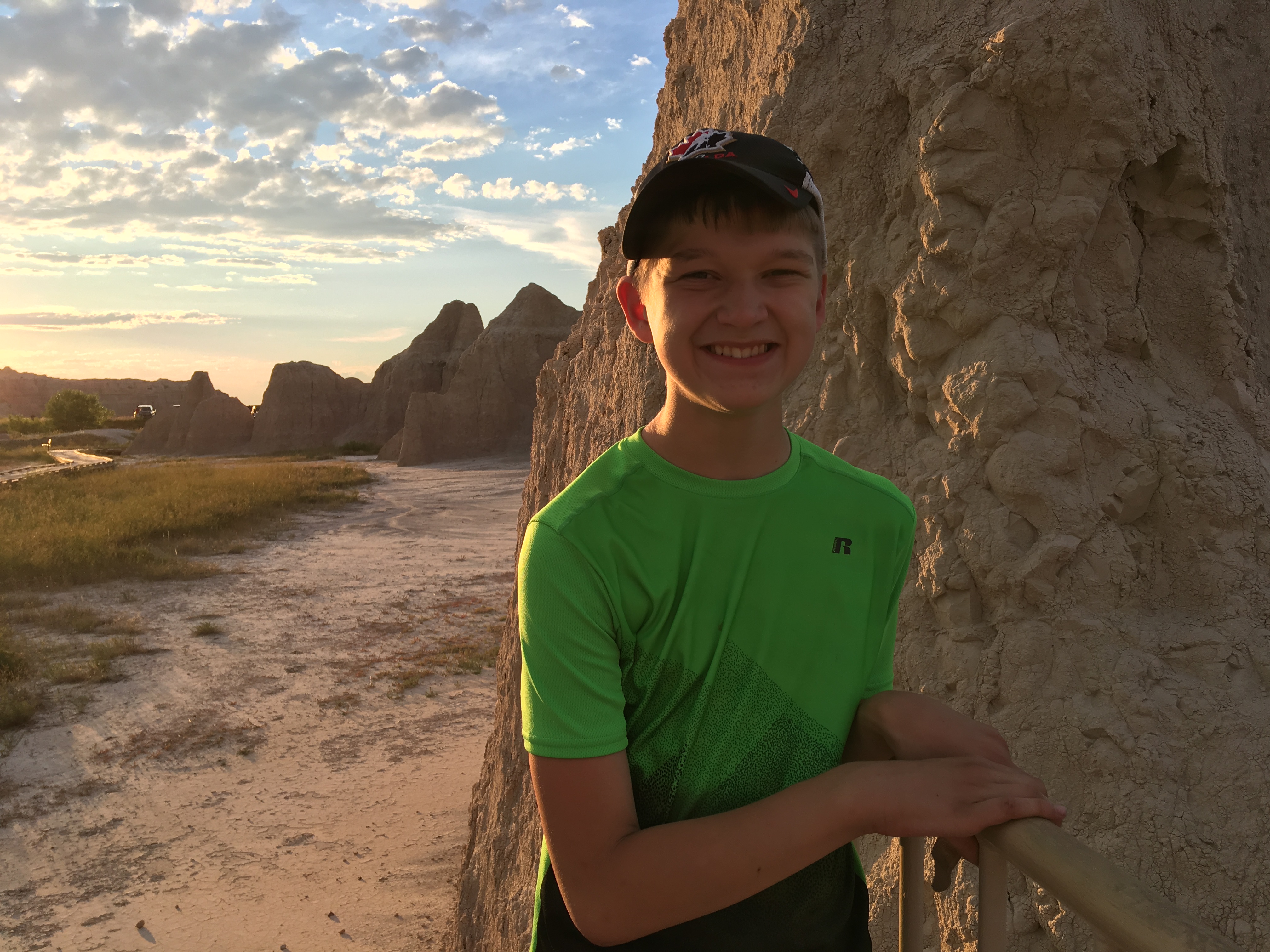
Your best is the best
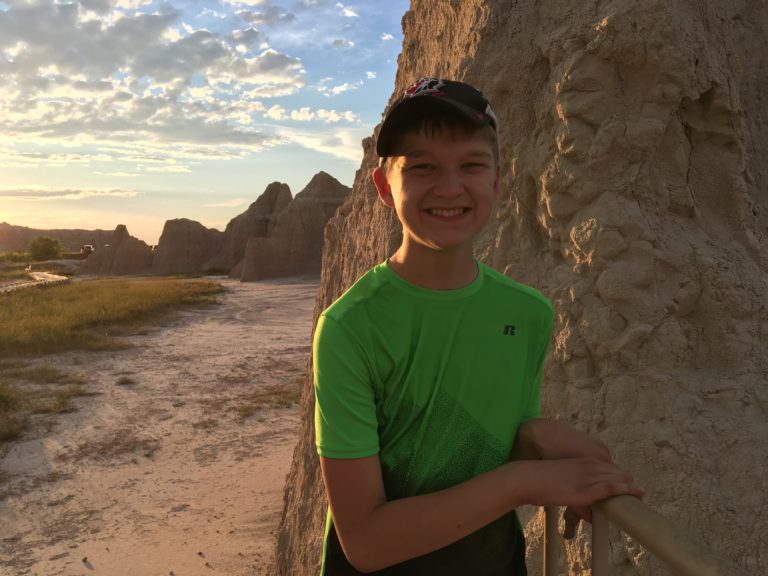
When we came back from our family trip back in July, J was struggling to get back into his running grove. It wasn’t that J didn’t want to run. The runs were just hard. Some of those summer running practices near the end of July were rough. J’s body was physically fine. His legs were strong, his lungs were strong, and he wasn’t battling any injuries. But running is one of those things that if you miss too many workouts it takes a few workouts until you feel like you’re back to where you were, and being inconsistent (and even missing) morning runs on our two week holiday set J back in a lot of ways.
Just for a little background about summer running: it’s mostly the fast kids on the team that show up. They’re super dedicated which just helps them get to the place they are. J isn’t part of that fast kid group. During practices he’s (on a good day) an average/below average runners. There’s not a lot of average/below average runners that come out for the extra practices. But J shows up anyways because he loves the “routine” part of the summer practices and he needs and loves the running part.
Sometimes, when J is at his running prime (and the fast pack is doing an easy run) J can keep up with the fast pack for a mile or a little more. He LOVES it when he keeps up with the fast pack. You can tell he feels “super cool.” And so when we came back from our trip, and J was working back to his regular running pace and grove, he fell far beyond his usual distance behind the fast pack. He struggled with the warm weather wave we had those weeks. He mentally fell apart easier on the run and for the first time in over a year he stopped a few times (while I biked beside him) and folded his arms emphatically that “he wanted to quit.” When told him that if he wanted to quit XC, we could do that, and then he had another mini meltdown about that, because he did NOT want to quit XC. His split times on his running watch were up to ten minutes now for a 3 mile run (for reference, he ran a 8:36 split time for the 10K–and that’s sustaining that pace for a little over 6 miles). When he was running this pace, I wondered if I should go back to running with him since that’s a really relaxed pace for me. I didn’t know what to do. He was so frustrated. He was frustrated that he could see he was much farther behind his friends and he was frustrated that it was so mentally hard again.
I really didn’t know what to do to help him over this running slump. Finally, during his frustration after a morning practice I asked him: ,”Did you run your best?”
He nodded and said, “yes.”
“Well, then your best is the best.”
And so that was our mantra to get through the week or so of tough practices. Every day I’d ask him, “Did you do your best?” And if he said, “yes,” then I said, “Well perfect, then that’s the best.”
I’ve been thinking a lot about that incident. I know exactly what it’s like to get back to running when you miss a few days, or even sometimes a week. It’s like starting all over again. And it’s really hard. You feel really slow, you feel you’ve lost some of your conditioning and physical endurance, and sometimes your body aches. And you just really have to trust yourself that you’ll get back to your groove again. Luckily I’ve had a few years of running experience behind me so I can trust that. But when it comes to the times in my life where I’m just not “on,” or life is really hard on top of the other hard things I’m doing (say for instance illness, more projects, more stress), or if I’m doing a decent job of handling that balance but it’s the same grueling marathon and I’m just burnt out, I rarely apply the same patience to my life circumstances. I rarely allow myself to accept my “best” that day I’m struggling as the best effort I can give.
So I’m trying to be kinder to myself. I have a lot of high expectations, I’ve been working really hard with J lately in a lot of new areas, and I really feel the pressure to give an exceptional best every day. I know (through experience) that if we miss a few days of reading, a few days of math, a few days of anything–it’s like starting all over again with J. He is an exceptionally challenging kid when we try to refine and improve his routine–when we work to help him with skills that will make him an independent person. He puts up one heck of a fight for weeks and then he finally learns a new skill or gains a new interest in the thing we’re working on. I really feel like if I don’t have my exceptional best game face on, every moment of every day, then J’s going to slide back. We’re going to slide back. It’s going to be that struggle to get back to feeling okay, back to homeostasis. And that’s a lot of unhealthy pressure to feel, although I know a lot of parents–especially special needs parents know exactly how I feel. It’s a strange sort of survival anxiety. You know if you don’t work hard on these things now, it’s going to be so much harder when your kid with special needs is an adult.
“Your best is the best” is a mantra I need to apply to my life, and I’m just going to have to trust (just like I know in running) that when I don’t have my 110% on, when I’m burnt out, or if I just don’t even feel like I’ve got the 110% on, if whatever offering I have IS the best and eventually I’ll get back to homeostasis again. Sometimes I get strep 3 times in two months and the kids binge watch Star Trek while I battle fever and body aches and then binge watch again because I don’t feel 100% even when I’m functional. Sometimes I get back from a five day trip to Toronto, and despite my best intentions to get back to J’s reading routine, I manage only to do laundry and nap because I got only 3 hours of sleep before my flight that morning. And I have to be okay with that being my best too.
Besides, how is J going to believe his offering of “best” when his mother can’t accept hers?
